AI platforms for secure, on-prem delivery
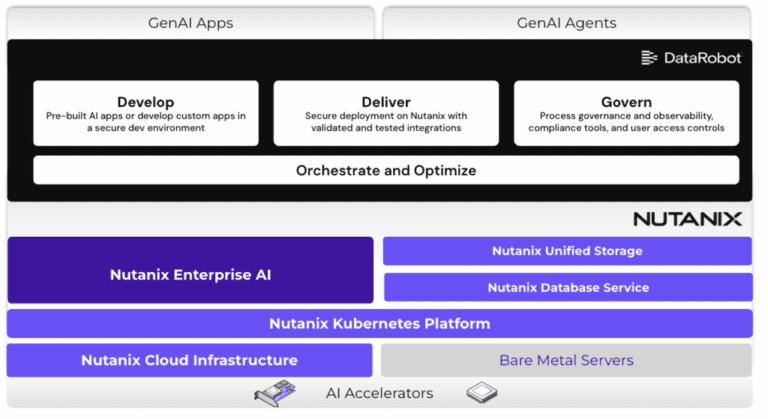
You’re expected to support next-gen AI on infrastructure that was never designed for it. In highly regulated industries like government, financial services, and healthcare, IT teams face growing pressure to drive innovation while staying compliant. But traditional systems can’t keep up with the speed, scale, or complexity that generative and agentic AI demand. The result is a widening gap between business expectations and what existing infrastructure can support. This creates a two-fold challenge: Ensuring continuous security and compliance across production systems. Delivering AI fast enough to meet business needs, without blowing through time, cost, or resources. And for most teams, starting from scratch with open source tooling isn’t realistic. What’s needed is a composable, integrated AI foundation that works across environments, simplifies operations, and gives IT teams the tools and shortcuts to deliver outcomes fast, without compromising security or governance. Why AI stalls in high-security environments AI initiatives often lose momentum — or never reach production — due to barriers like: Procurement and integration delays: Acquiring and deploying new tools takes too long, stalling adoption and impact. Disconnected infrastructure: Disparate and siloed systems block access to the right data and make it hard to design a scalable, resilient AI stack....
Read more
ChatGPT Rival Abandons Chatbot Updates

The newest update to Claude reveals that its maker is no longer interested in chasing ChatGPT with continual updates in the AI chatbot market. Instead, the ChatGPT competitor – now in version 4 — has been reinvented to focus more on computer coding, deep research and other complex tasks, according to writer Hayden Field. Observes Field: “Anthropic said Claude Opus 4 is the ‘best coding model in the world’ and could autonomously work for nearly a full corporate workday — seven hours.” The move will most likely come as a great disappointment to a number of writers who currently prefer working with Claude in chatbot mode. In other news and analysis on AI writing: *New Claude and Sonnet ‘Great for Research Tasks:’ The latest updates to Anthropic’s AI engines are clocking great advances when it comes to deep research, according to the editors of “The Neuron,” an AI newsletter. Observe the editors: “These models can also now ‘think’ while using tools like Web search, work on tasks for hours without losing focus – and even keep notes about what they’re doing.” *The AI Research Gains for Writers Keep Coming: Google just announced a new, experimental research mode for its Google...
Read more
Marek’s Dev Diary: May 15, 2025

What is this Every Thursday, I will share a dev diary about what we’ve been working on over the past few weeks. I’ll focus on the interesting challenges and solutions that I encountered. I won’t be able to cover everything, but I’ll share what caught my interest. Why am I doing it I want to bring our community along on this journey, and I simply love writing about things I’m passionate about! This is my unfiltered dev journal, so please keep in mind that what I write here are my thoughts and will be outdated by the time you read this, as so many things change quickly. Any plans I mention aren’t set in stone and everything is subject to change. Also, if you don’t like spoilers, then don’t read this. Space Engineers 2 The team is almost finished with VS 1.5 Modding (should be completed this week, and then a few weeks of testing will begin). With this milestone approaching, everyone is now shifting focus towards VS 2 – Planets and Survival, which I’m personally very excited about. Some of the basic loops in the game are already working well during our internal playtests: the ore detector now elegantly...
Read more
The Good Robot podcast: Transhumanist fantasies...
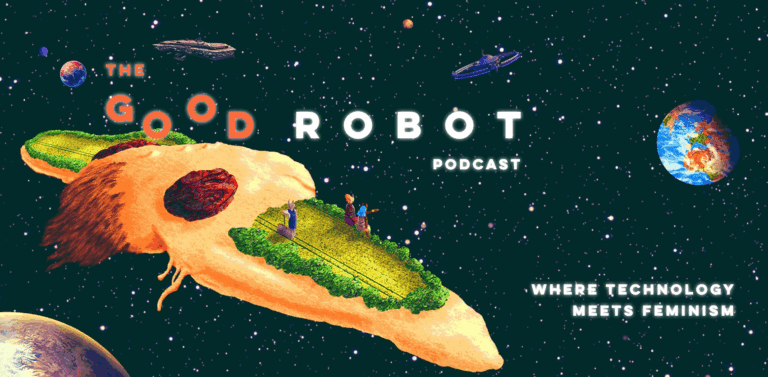
Hosted by Eleanor Drage and Kerry McInerney, The Good Robot is a podcast which explores the many complex intersections between gender, feminism and technology. Transhumanist fantasies with Alexander Thomas In this episode, Eleanor talks to Alexander Thomas, a filmmaker and academic who leads the BA in Media Production at the University of East London. They discuss his new book about transhumanism, a philosophical movement that aims to improve human capabilities through technology and whose followers includes Jeff Bezos, Elon Musk, Larry Page, and also apparently the DJ Steve Aoki. Alex is himself one of the foremost commentators on transhumanism. He explores transhumanist fantasies about the future of the human, is obsessed with the extremes of possibility: they either think that AI will bring us radical abundance or total extinction. Transhumanism, Alexander says in this episode, reduces life down to information processing and intelligence, which amounts to a kind of IQ fetishism Listen to the episode here: Dr Alexander Thomas is a multi-award-winning film director and screenwriter. His academic research questions what it means to be human when cultural, cybernetic and biotechnological developments undermine the notion of the human as a cogent and eternal category. Alexander has directed four multi-award winning...
Read more
SRM vs CRM: which is right...
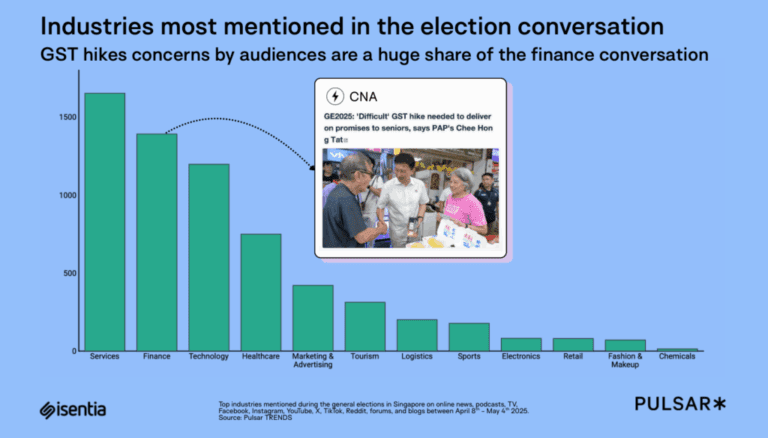
object(WP_Post)#8428 (24) { [“ID”]=> int(39805) [“post_author”]=> string(2) “75” [“post_date”]=> string(19) “2025-05-08 03:06:42” [“post_date_gmt”]=> string(19) “2025-05-08 03:06:42” [“post_content”]=> string(8501) “ The Singapore general election was quick and felt like more of a touch-and-go event, but a lot was observed and could be learnt from media and audience reactions to the event. We analysed, using Pulsar TRAC, more than 270k mentions across online news, podcasts, TV, Facebook, YouTube, TikTok, Reddit, X, forums and blogs in Singapore between March 28th – May 7th 2025, to see how the conversation was moving and being influenced by media and audiences. Based on this, we listed what we’ve learnt from this year’s election. Which industries gained the most spotlight? Chee Hong Tat’s defence of the GST hike shows the PAP leaning heavily on long-term fiscal planning. This was mainly covered by media outlets like the CNA, mentioning how these hikes were to eventually work on providing benefits to the seniors of society and that it wouldn’t be possible if these hikes weren’t in place. Audiences across X and Facebook expressed their concerns around this, but were equally appreciative of open dialogue with the public. The US and UK covered the election when their media focus was...
Read more
Artificial Intelligence Art: New Renaissance or...
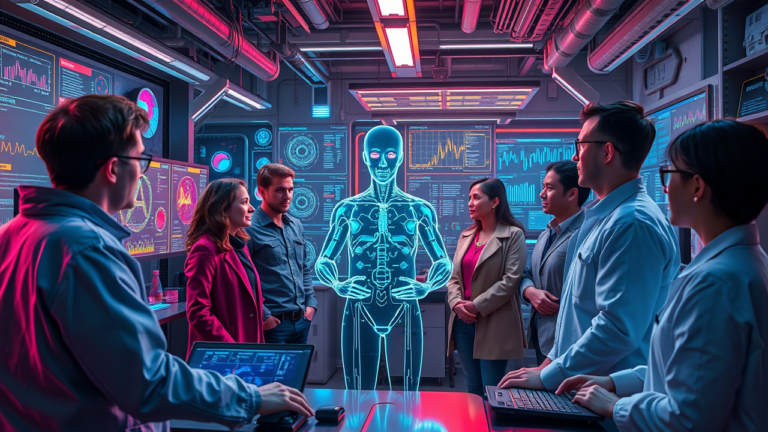
Artificial Intelligence Art: New Renaissance or Algorithmic Pastiche? Is a computer capable of making art? In our current world, AI is revolutionizing creativity. AI art is emerging. It takes many different forms, like generative models, and style transfer. AI has the potential to change the way creatives think about their work, and this article delves into what that means for artists in a rapidly-changing market. Rising from the ashes, the machines: How does AI make art? The generation of AI art may appear to be magic. In real life, it’s powered by complex algorithms and machine learning. These algorithms train on large sources of data. Next, they create new images, sounds, or even text. We’ll go over some of the main techniques. An Easy to Understand Explanation of Generative Adversarial Networks (GANs) AI art is often created using GANs. They work with two neural networks; the generator and discriminator. Consider the generator an artist. It attempts to generate authentic-looking visuals. The discriminator is like an art critic. It determines whether produced images are real or fake. Samples the discriminator of the generator against the samples This competition gives rise to improved networks over time. The generator improves in generating realistic...
Read more
Artificial Intelligence Revolutionizing Healthcare
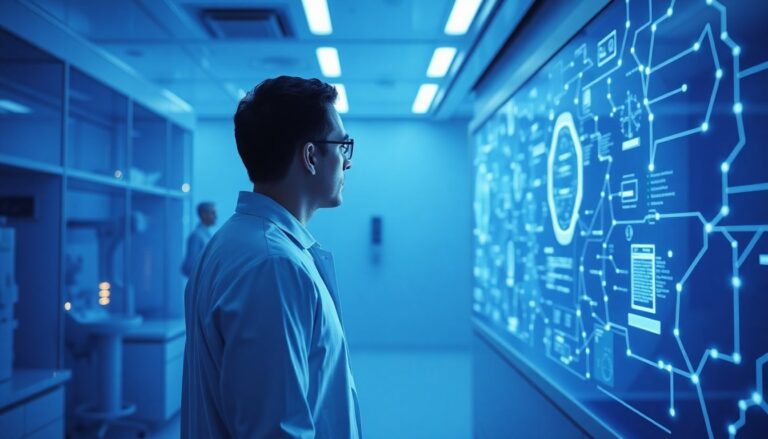
Artificial Intelligence Revolutionizing Healthcare Imagine a doctor who knows in advance what treatment will be most effective for you. This is the promise of artificial intelligence (AI) in healthcare. AI already has the world abuzz in everything from self-driving cars to helping you decide what to binge next. In health care, it’s doing amazing things, including speeding up diagnoses and personalizing treatments. AI is transforming how we identify diseases, develop treatment plans, discover new drugs, and even manage healthcare systems. All these changes are producing results for people and enabling seamless operations. AI for Diagnostics: Quicker Results, Greater Accuracy AI is accelerating and refining diagnosis. It is helping doctors view problems sooner and with fewer errors. AI algorithms are already analyzing medical images, like X-rays and MRIs. This is a breakthrough for diagnosing diseases while they are still easy to treat. AI-Powered Image Recognition How amazing AI can be with medical images. AI programs, for instance, can surpass human radiologists at detecting lung cancer. They are also able to detect breast cancer and other diseases that the human eye may not see. It also employs machine foreknowledge techniques referred to as convolutional neural networks (CNNs). CNNs are the best at...
Read more
AI and its Applications: High School...
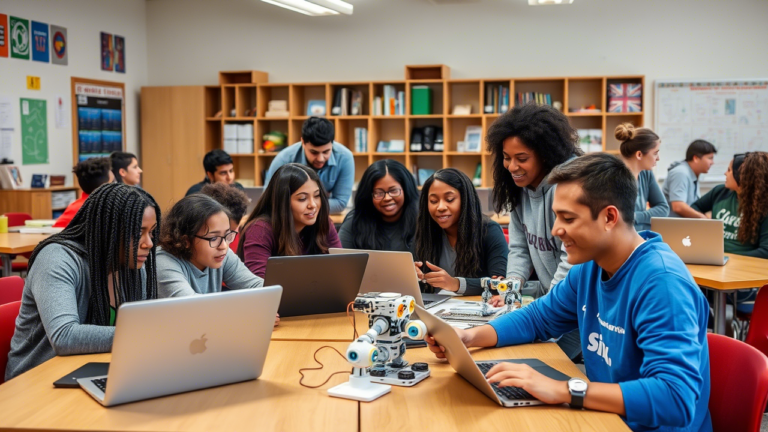
AI and its Applications: High School Curriculum AI job opportunities are projected to grow by >30% in the next few years! That’s huge! Artificial intelligence (AI) is transforming our lives and our work, and there is no end in sight. At this point in time, academic knowledge about AI is more essential than ever. It prepares students for tomorrow’s jobs and fosters new ideas. My Schools: Why Every High School Should Offer an AI Curriculum It is essential for kids to get in early with AI. It is like letting them start the race before everyone else when the race is just starting. Future-Proofing Skills AI skills don’t apply only for tech jobs. It will be necessary in many professions. AI is everywhere, from healthcare to farming. Educating learners on AI prepares them for most jobs they could possibly pursue. It enables them to adapt and thrive. Visit the Bureau of Labor Statistics to find out what AI jobs are the fastest-growing. Cultivating Innovation and Critical Thinking It’s not enough for AI to define rules. It’s about solving problems. AI gives students a workout for their creative muscles. They learn a different way to think. They begin to see new...
Read more
Prolific Drivers of AI: What Powering...
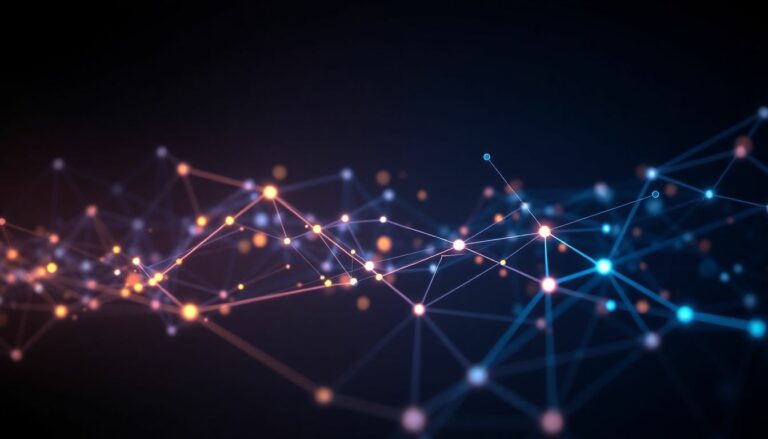
Prolific Drivers of AI: What Powering the AI Spiraling Boom? Data — The Fuel of AI Algorithms Data is to AI algorithms, what fuel is to cars. AI systems leverage this data to learn better and optimize their performance. We are witnessing unprecedented growth of data. This explosion of data is the fueling agent for the AI boom. The Explosion of Big Data Big data is ubiquitous. The myriad of sources such as social media, IoT devices, sensors, etc. only cause the rate of increase in data volumes to shoot up. Think about the amount of data that is produced, just on social media, every single day. The experts estimate that by 2025, we will generate 463 exabytes of data a day. That is a lot of data to train AI on! Data Collection Methods How do we get all this data? Data mining is one way. It is a process of mining through big data sets and identifying patterns. Web scraping, for instance, which fetches data from websites. Consider that there are ethical issues related to data collection. We must be thoughtful, careful about how we collect and use data. Cleaning and Preprocessing of Data Which brings me to...
Read more
What Is Artificial Intelligence? The Ultimate...
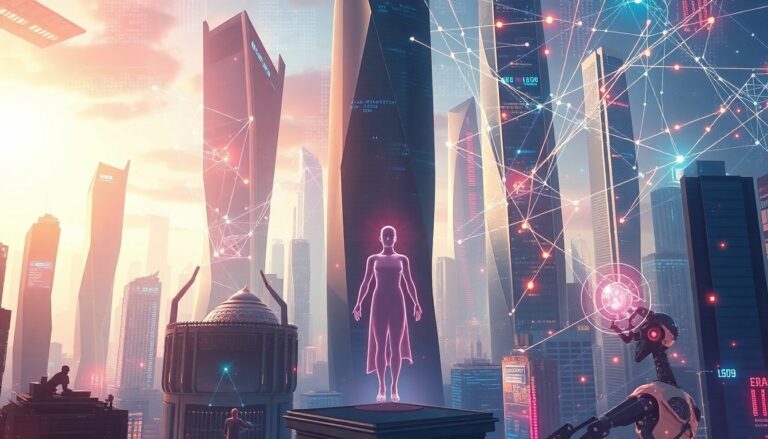
What Is Artificial Intelligence? The Ultimate Guide with Examples Artificial intelligence (AI) is no longer science fiction—it’s a reality that’s transforming how we live, work, and play. But what exactly is AI? This guide will help you understand the basics, types, technologies, and real-world applications of AI. The Basics of Artificial Intelligence Explained Artificial intelligence refers to algorithms that can perform tasks typically requiring human intelligence, such as learning, problem-solving, and decision-making. AI is a broad field with various approaches, all aimed at creating systems that can think, learn, and act independently. A Brief History of AI AI has been around since the 1950s. Alan Turing, a renowned mathematician, explored whether machines could “think.” In the 1960s, AI programs could solve problems and understand language. The 1980s saw the rise of expert systems, which mimicked human expertise. Today, AI is powered by big data and deep learning, enabling machines to perform advanced analytics. Types of AI AI can be categorized based on its capabilities: Narrow or Weak AI This type of AI is designed to perform a single, specific task. For example, a spam filter that blocks junk emails is a form of narrow AI. It excels at its task...
Read more
